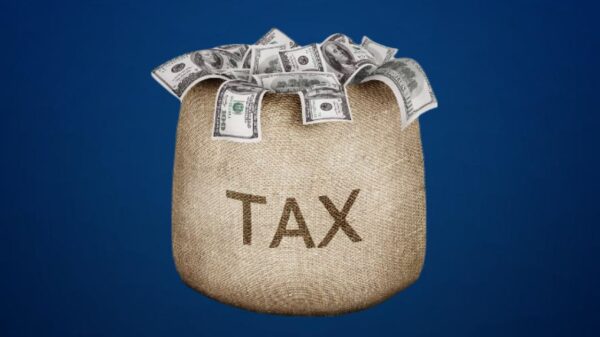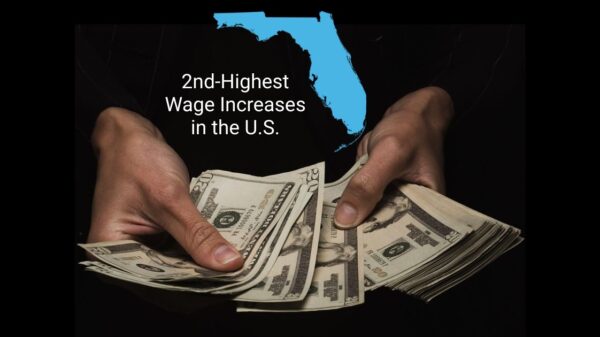The amount of debt Americans are taking on is beginning to hit banks and consumer lending corporations.
With most debt centered around credit cards and car loans, some companies with offices in Florida are seeing their stock prices drop.
Last week, Ally Financial’s share prices fell by 18%. The company, which has locations in Jacksonville, reported that late payments and charge-offs on auto loans were higher than expected this past July and August.
Bread Financial, which has offices in Tampa, said it plans to see higher charge-offs this year because its consumers can’t afford to pay their balances. The company issues credit cards to lower-income borrowers.
Numbers from the Federal Reserve show more people have taken on higher interest rates with their credit card debt. In 2019, the average rate was 15%. In May of this year, that percentage went up to 21.51%. The Fed also says nearly 9.1% of balances consumers have on their credit cards have now become delinquent over the past year. That is the highest in 10 years.
In 2019, the average interest rate on a 60-month loan for a new automobile was 5.3%. In May of this year, that number stood at 8.2%. Since last year, around 8% of auto loans became delinquent, the biggest increase in 10 years.
The amount of debt is also raising red flags about the economy. William Beach, an economist with the Economic Policy Innovation Center, believes the current economy is similar to what the nation experienced in 2007 in the lead-up to the Great Recession of 2008.
In 2007, there was real stress on the household budget and a lot of business loans. Today, the Federal Reserve just reported that 40% of business loans are at risk, and we have the largest household since 2007. That’s why I think it feels a lot like 2007. But there may be some relief on the way, as the Fed has announced interest rate cuts that will help the consumer.






















